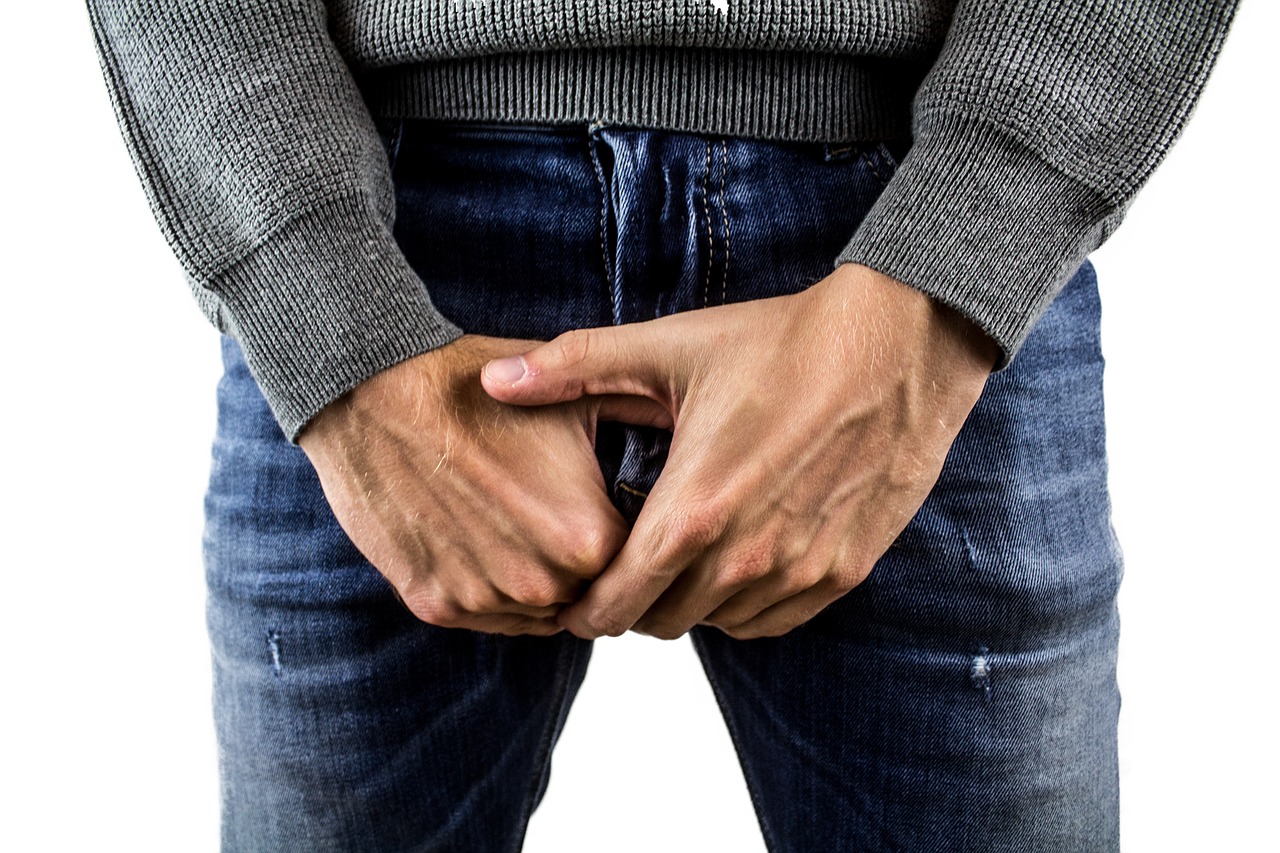No Nut November explained: The truth around semen retention
It ain't about cashews.

Words: Brian Leonard; picture: Pexels
Could you go 30 days without an orgasm? That’s the question back with a vengeance this ‘No Nut November’, as internet chatter around abstinence returns for another year.
The challenge – 1000% nothing to do with peanuts, cashews et al – involves trying not to ejaculate for the whole month of November. Sexual activity, erections, and arguably masturbating are permitted – as long as it’s not to completion.
Some participants, however, refrain from sexual activity altogether.
Here, we shoot from the hip on the myths and vagueries around semen retention, and spoiler alert: our most important finding is this Harvard Medical School study that found ejaculating at least 21 times a month reduces the risk of prostate cancer. See you in five.

How did No Nut November start?
It seems it was first discussed online in 2011 via the hashtags #NoNutNovember and #NNN; mentions have surged in recent years. Its origins and purpose are unclear, although it was likely inspired by Movember, the annual event founded in 2003 around growing moustaches to raise awareness of men’s health issues, and other online trends. (Remember the Ice Bucket Challenge?)
While semen retention is an ancient ritual long associated with improved fertility and testosterone levels, sexual pleasure, and physical health, there is little modern research to back this up.
What is the point of No Nut November?
Given its vague beginnings and unofficial status, it’s impossible to say. For some, it’s a bit of innocent fun, while others say it has helped them deal with addictions to sex and porn. Others see it as a test of willpower and mind over body. Others use it to raise awareness of prostate cancer and funds for associated charities, like Prostate Cancer UK.
Semen retention as a concept has a sometimes odious history, however, with the practice linked to various anti-sex, anti-porn and anti-women movements and extremist organisations like the Ku Klux Klan and Hitler Youth.
In 2019, a Rolling Stone report stated that alt-right group The Proud Boys “has long advocated for its members to abstain from masturbation on the grounds that it boosts testosterone and makes them more appealing to women.”
Is not orgasming for 30 days good for you?
Forum users, including members of the NoFap community (people who try to forgo sex and masturbation completely; 893k Reddit members and counting), have alleged that semen retention helps with anxiety, depression, tiredness, and other health issues.
However, Hussain Abdeh, Superintendent Pharmacist Clinical Supervisor and Superintendent Pharmacist at Medicine Direct tells Attitude: “It has been reported that abstaining from masturbation has both sexual and mental health benefits. However, there is no scientific research to back these claims up. Frequent ejaculation, in healthy amounts, can actually have health benefits, the main one being the data that has suggested men who ejaculate frequently are less likely to develop prostate cancer. It has been suggested by people in support of No Nut November that abstinence can increase fertility. Actual research has presented data that suggests the complete opposite of this.
“Furthermore, ejaculation has been linked to other benefits, including improved sleep quality. When ejaculation occurs because of sexual intercourse, it has also been found to benefit the immune system and lower the risk of heart disease deaths. No evidence exists to show that not ejaculating for a month will have any effect on sperm motility.”
What are the advantages of semen retention?
Some might use the practice to ejaculate more strongly or to get better at finishing without the use of their hand.
Numan’s Clinical Lead Rupal Joshi tells Attitude: “There are a lot of myths surrounding the alleged numerous health benefits of withholding from ejaculation, but we do know that it is growing in popularity as a way of helping with porn addiction and improving relationships. These are very valid reasons to withhold ejaculation if they are causing an individual serious problems.”
Joshi added: “For men who experience premature ejaculation, they may find that methods such as ‘edging’ and refraining from regular masturbation may help their condition and allow them greater control on when to ejaculate, which can, in turn, improve their confidence and relationships.”
Meanwhile, this study cited by Men’s Health indicates that testosterone peaks six to seven days from abstinence, potentially improving energy and mood levels.
Man Alive author Dr. Jeff Foster furthermore tells us: “Firstly it will not do you any harm. There used to be the idea that ‘cleaning the pipes regularly’ was good for testicular health. But there is no evidence that this makes any difference in the short term.
“Interestingly, we know that from a hormonal level, being abstinent from sex for around four weeks can increase our testosterone levels, so as making us want to have sex more. If we continue to be sexually inactive after 12 weeks, our testosterone levels can drop.
“Overall medical take-home message is: not having any sex for one month may help you break a psychological habit, it will save you some time, but offers no physiological benefits at all. There is nothing wrong with masturbation and it is natural part of being human.”
